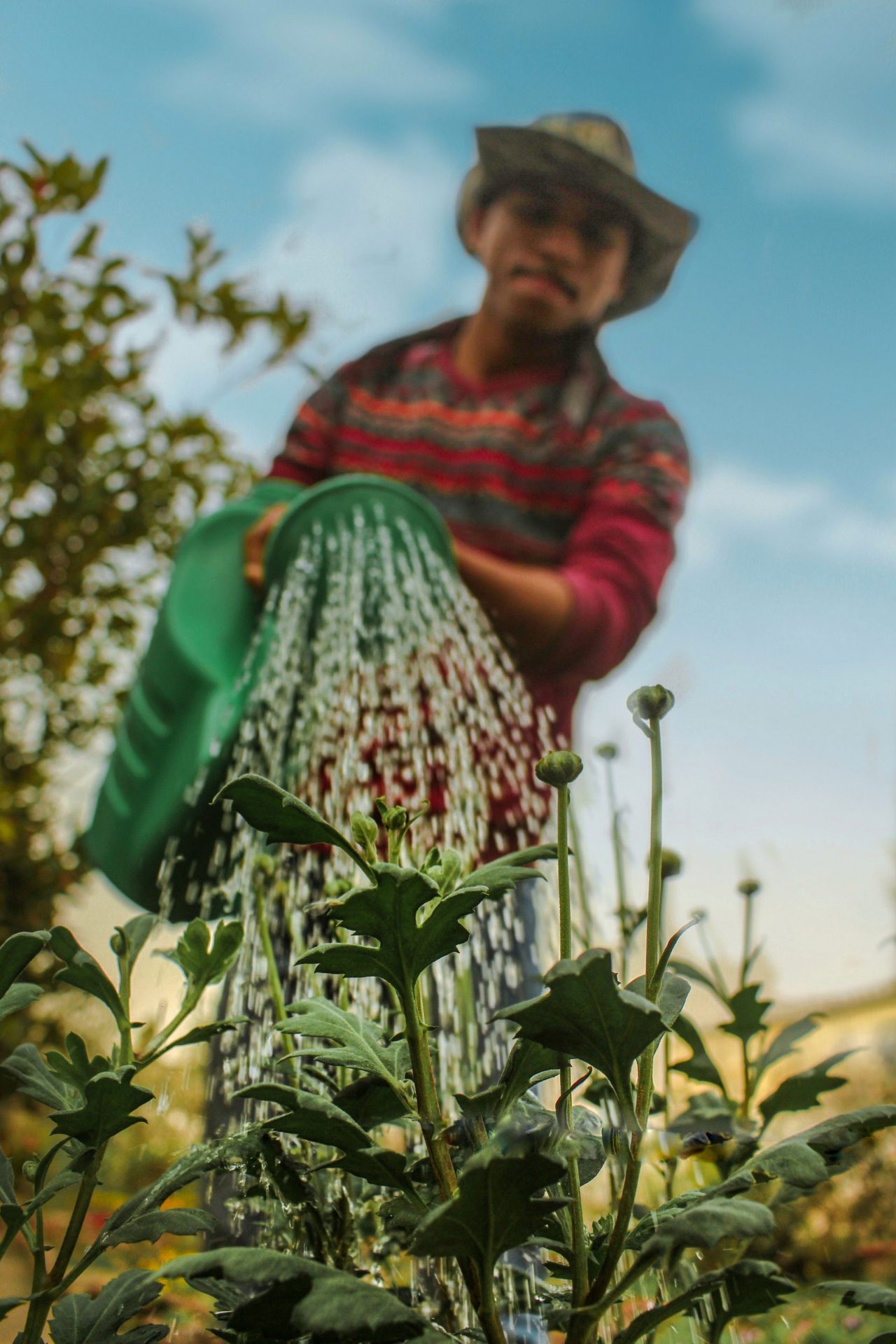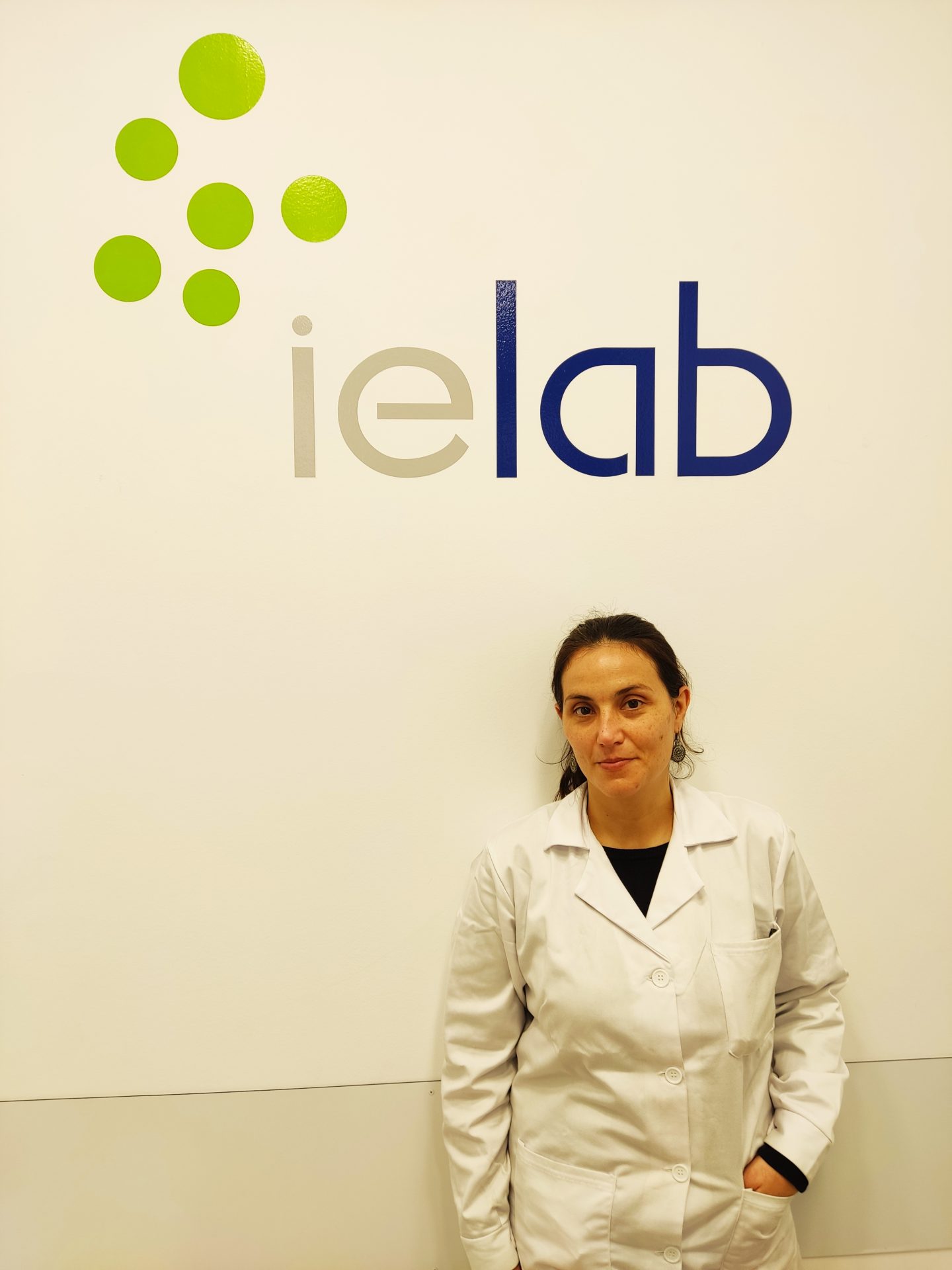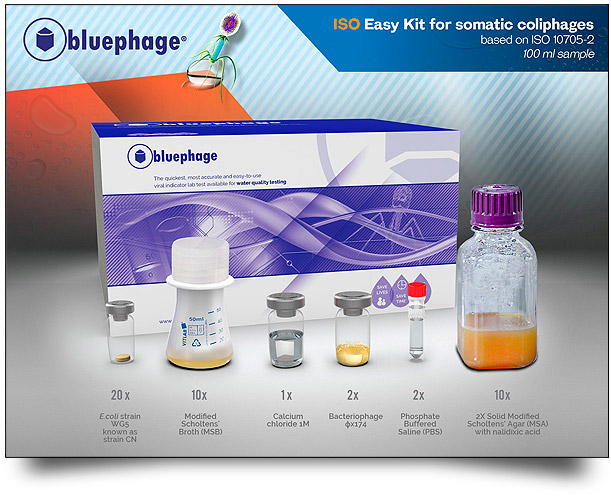BLOG | Bluephage
The pandemic has shown that we need more viral indicators

Bluehage interviews Mariana Fittipaldi of IELAB to discuss best practices in environmental diagnostic laboratories.
Hi Mariana, could you introduce yourself and tell us about your role within Ielab?
Hi, my name is Mariana Fittipaldi. I am a chemical engineer with and Ph.D. in sustainability and technology. My professional career has always been linked in one way or another to water quality control, research, and product development. At Ielab I am part of the R&D department, and my main role is to develop products and solutions that meet the technical needs of our customers.
Among my areas of action is mainly the participation in the development and production of the Bluephage Bacteriophage Detection Kits. Furthermore, I collaborate in the realization of intercomparison exercises mainly for phages and SARS CoV 2, in the validation of new technologies, and in the search for projects and collaborations both nationally and internationally.

In one sentence, could you describe what Ielab is?
The word that defines Ielab is quality since its main function is to help testing laboratories comply with quality standards. So, we can say that Ielab markets products and services for quality control in testing laboratories.
Ielab focuses on the analytical sector, providing products and services for quality control in laboratories. In general terms, what is the current situation in this sector?
The fulfillment of the Sustainable Development Goals, the climate change situation, and now the pandemic, highlight the relevance of analytical data to better understand our environment and allow better decisions to be made.
The analytical sector related to quality control in laboratories is a sector that is closely linked to regulations, it is largely governed by the requirements established in quality standards. All the advances that are made in the normative will have repercussions in this sector, advances such as the use of new techniques and the determination of other microorganisms different from the usual ones. An example is the appearance of the determination of bacteriophages in the new Water Directive, which encourages laboratories to acquire technical skills to determine and quantify these microorganisms.
Therefore, it is very important for laboratories to stay informed, attentive, updated, and, as far as possible, go ahead, one step beyond what is established in the regulations, through innovation.
In this sector, ielab is responsible for providing services to certify the internal and external quality of laboratories. Ielab services and products are used by clients from more than 35 countries, on 5 continents. In addition, we have distributors in Spain, in Europe (Italy, Portugal, France, Poland), and in India.
Blueohage ISO Easy Kit is designed to eliminate the tedious and time-consuming process of standardized ISO protocols for the detection and enumeration of somatic and F-specific coliphages.
What can you tell us about quality control programs and the ISO 17043 and ISO 17034 standards?
It is essential for testing laboratories to have Quality Control Programs that allow them to guarantee their good laboratory practices and offer their customers security and confidence in their results. In this sense, Ielab’s main objective is to facilitate and streamline the quality control activities of laboratories, both internally through the use of reference materials and externally through participation in the intercomparison exercises we offer.
Regarding the standards you mention, their objective is to ensure the correct execution of an activity. In the case of ISO/IEC 17043, the competence of suppliers of intercomparison programs is ensured, and in the case of ISO/IEC 17034, the competence of suppliers of reference materials is ensured. Ielab is accredited in these two standards, which allows us to offer a plus of quality, guarantee, and above all confidence to our customers as suppliers of solutions for laboratory quality control.
At Ielab, you have precise specifications on Corporate Social Responsibility. What aspects would you highlight, and what are your sustainability objectives?
As a sister company of Labaqua, we share their values and corporate culture, also prioritizing initiatives focused on sustainability.
Like Labaqua, we are committed to this point. Specifically, at Ielab, we actively work to further improve our processes and optimize the packaging of our products to reduce our environmental impact.


